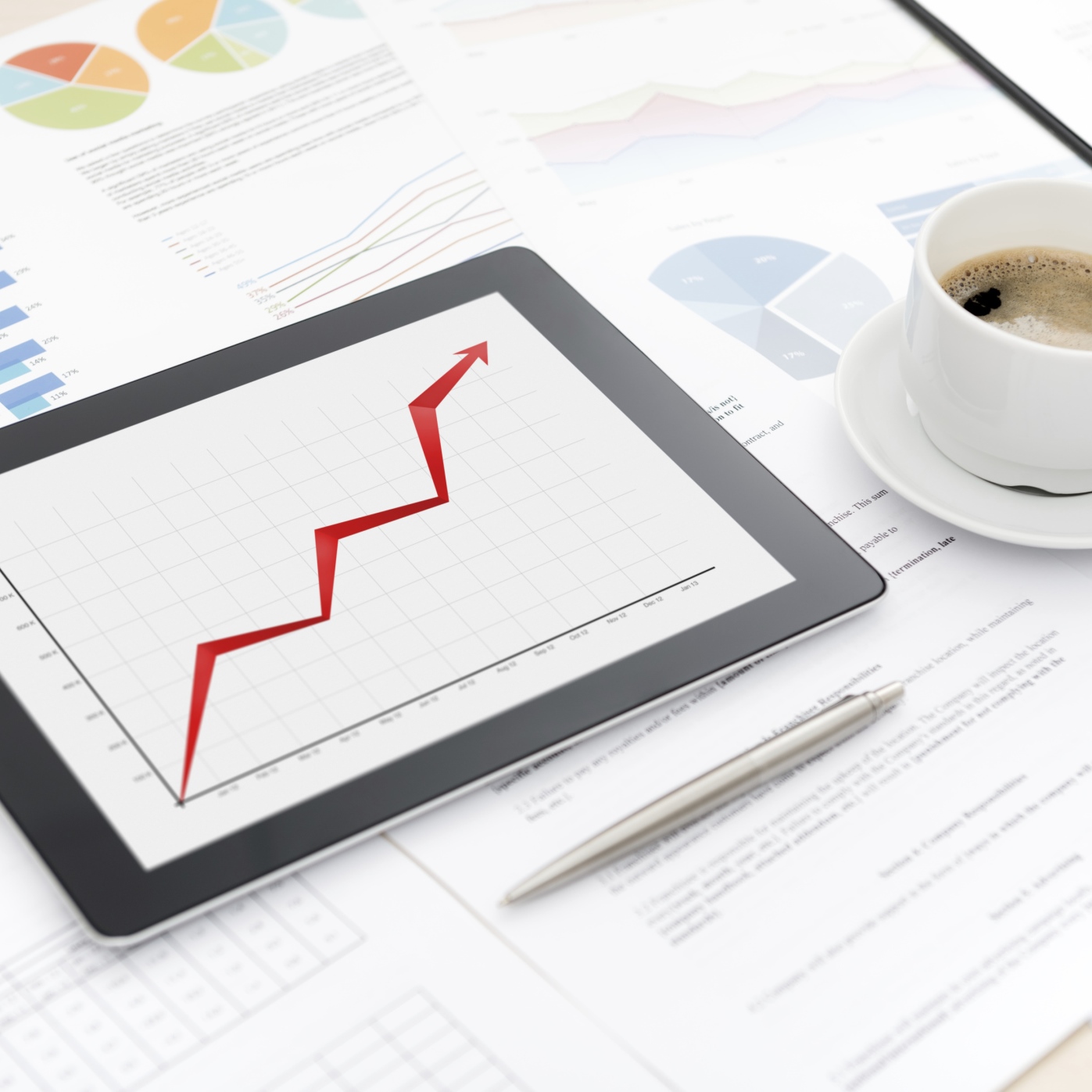
When Kinder Morgan Inc. (NYSE: KMI) slashed its annual dividend by 75% late last year, the sky fell on the stock price. The stock dropped nearly 70% by mid-January.
Shares came back beginning in February and the year-to-date performance of Kinder Morgan stock shows a gain of nearly 25%. Warren Buffett, or one of his fund managers at Berkshire Hathaway Inc. (NYSE: BRK-A), must have seen that coming because Berkshire acquired 26.5 million shares in December of last year at a price somewhere below $15 a share.
When we covered Berkshire’s acquisition of Kinder Morgan stock rather than that of, say, Enterprise Products Partners LP (NYSE: EPD), our take was that added the complexity of a master limited partnership (MLP) to Berkshire’s already complex structure may have figured into Berkshire’s decision.
Berkshire’s purchase price for its stake in Kinder Morgan was less than $400 million, barely 1% of Berkshire’s market cap, so it was not a huge risk.
It may be even a smaller risk now. Kinder Morgan stock’s forward price-to-earnings (P/E) ratio is a heady 23.76, compared with Enterprise’s more modest 19.56 P/E ratio. And while it’s true the Kinder Morgan’s first-quarter earnings per share (EPS) of three cents are far behind Enterprise’s EPS of $1.26, Kinder Morgan’s operating margin for the trailing 12 months is nearly 29% compared about 13% for Enterprise.
Kinder Morgan is also a cash machine. It’s operating cash flow in the past year is $5.1 billion, more than 20% greater than Enterprise’s. Kinder Morgan also trades closer to its first-quarter book value per share ($15.78) than does Enterprise ($10.28).
At Thursday’s closing price of $18.40 and a consensus price target of $20.79, Kinder Morgan’s implied gain is 13%.
Enterprise’s common units closed at $28.92 and the consensus price target on the stock is $32.58, for an implied gain of — wait for it — 12.66%.
For investors the big difference between the two huge energy infrastructure providers is their payouts to investors. Enterprise just raised its quarterly distribution to $0.40 per common unit for a dividend yield of around 5.5%. Kinder Morgan pays a quarterly dividend of $0.125 per share for a dividend yield of 2.73%.
If Kinder Morgan is a value play then it appears to be based on its price-to-book value ratio of 1.17. The same metric at Enterprise is 2.81.
One thing to keep in mind though is that Kinder Morgan is nearer the beginning of a turnaround than near the middle, and investors are going to have to adopt some of Buffett’s legendary patience.
The #1 Thing to Do Before You Claim Social Security (Sponsor)
Choosing the right (or wrong) time to claim Social Security can dramatically change your retirement. So, before making one of the biggest decisions of your financial life, it’s a smart idea to get an extra set of eyes on your complete financial situation.
A financial advisor can help you decide the right Social Security option for you and your family. Finding a qualified financial advisor doesn’t have to be hard. SmartAsset’s free tool matches you with up to three financial advisors who serve your area, and you can interview your advisor matches at no cost to decide which one is right for you.
Click here to match with up to 3 financial pros who would be excited to help you optimize your Social Security outcomes.
Have questions about retirement or personal finance? Email us at [email protected]!
By emailing your questions to 24/7 Wall St., you agree to have them published anonymously on a673b.bigscoots-temp.com.
By submitting your story, you understand and agree that we may use your story, or versions of it, in all media and platforms, including via third parties.
Thank you for reading! Have some feedback for us?
Contact the 24/7 Wall St. editorial team.



